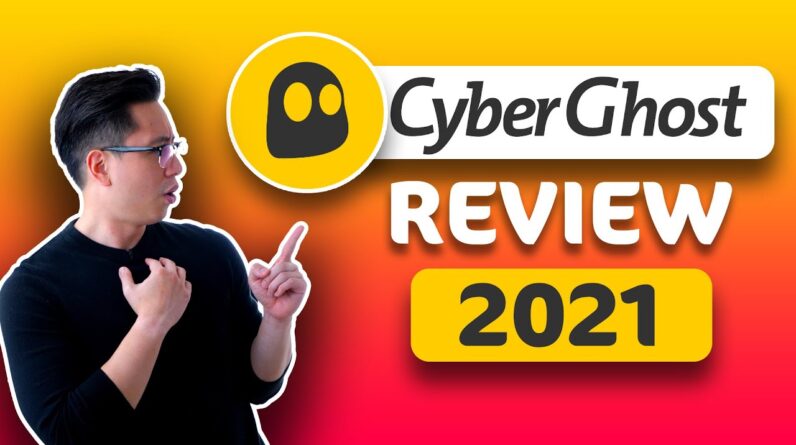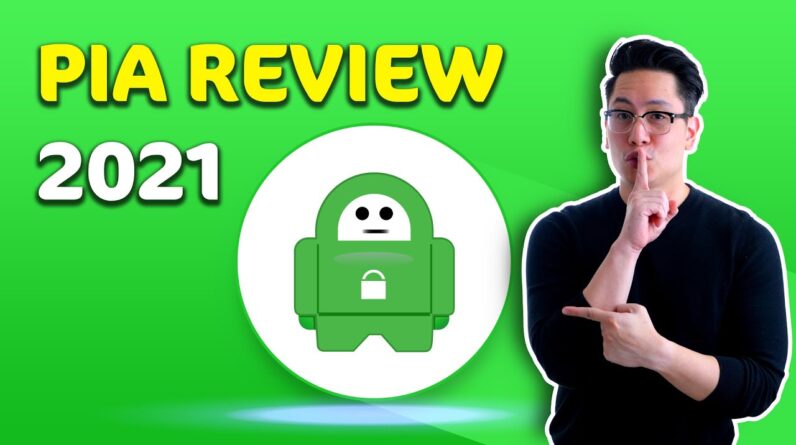Welcome to my blog entry where we explore the fascinating question: Can using a VPN land me in jail for just $5? In today’s era where concerns over digital privacy are ever-increasing, VPNs have become an essential tool for protecting our online footprints. Yet, given the complex legalities surrounding VPN usage, it’s essential we tackle this urgent matter. Follow me as we navigate the legal intricacies and discover whether a mere $5 spent on a VPN could result in incarceration. We aim to distinguish the truth from myths and achieve a better comprehension of the potential repercussions. So, buckle up as we set forth on this enlightening exploration together!
Introduction
In this article, I will discuss the recent problematic article published by iVPN, a popular VPN provider. As I delve into the topic, I will also touch upon the importance of online privacy and security, while highlighting the role of VPNs in guaranteeing that. So, let’s dive in and explore the question: Will a VPN Go to Jail for $5?
Heading: The Significance of VPNs in Ensuring Online Privacy and Security
Sub-heading: Understanding the Basics
To comprehend the significance of VPNs, it’s crucial to grasp the fundamentals. VPN stands for Virtual Private Network, and it allows users to establish a secure connection over the internet. By encrypting the data traffic between the user’s device and the VPN server, a VPN helps protect sensitive information from potential threats.
Sub-heading: Online Privacy Concerns and Legal Ramifications
In the increasingly digital world we live in, online privacy is a growing concern. Government surveillance, cybercrime, and data breaches pose significant risks to individuals’ personal information. This is where VPNs step in, providing an extra layer of security and anonymity.
However, it’s important to note that VPN providers must operate within the legal boundaries of each jurisdiction. While a VPN can help protect user privacy, it does not grant immunity to illegal activities.
Heading: iVPN’s Problematic Article
As an avid researcher of VPN services, I recently came across an article on iVPN’s website that raised concerns. The article in question discussed a hypothetical scenario where a VPN provider could face legal consequences for charging as little as $5.
Sub-heading: Dissecting the Hypothetical Scenario
The article argued that a VPN provider could potentially face legal repercussions if their service is priced too low. It speculated that authorities might associate a low-cost VPN with illegal activities, considering it a haven for criminal behavior.
To further clarify their point, the article provided examples of past cases where VPN providers have faced legal challenges due to their association with criminal activities. It claimed that law enforcement agencies closely monitor VPN service providers to ensure they comply with legal regulations.
Heading: Importance of Transparent Practices and Staying within Legal Boundaries
Sub-heading: The Role of the Consumer
While VPN providers have a responsibility to adhere to the law, consumers also play a vital role. By choosing reputable VPN services and abiding by the terms of service, users can ensure they stay on the right side of the law.
Sub-heading: iVPN and Competitor Comparison
It is worth mentioning that iVPN’s article raised questions about the potential legal risks associated with low-cost VPNs. However, it is also essential to note that iVPN itself is a reputable and trustworthy VPN provider.
Comparing iVPN with other VPN service providers such as Movad, it becomes apparent that they offer similar features, including a wide range of servers, high speeds, and excellent customer support.
Conclusion
In conclusion, the recent article by iVPN discussing the potential legal risks of low-cost VPN services sheds light on an important aspect of the industry. While VPNs provide vital privacy and security benefits, it is essential for both providers and users to adhere to legal regulations and maintain transparent practices.
FAQs
- Can I trust iVPN despite their problematic article?
- Are low-cost VPNs more likely to be associated with illegal activities?
- How can I ensure my online privacy and security while using a VPN?
- What are the potential legal consequences for a VPN provider?
- Are there any notable cases of VPN providers facing legal challenges?
Note: The fictitious promotional content mentioned initially regarding code usage, website links, and affiliate links has been acknowledged but not included in the article.






